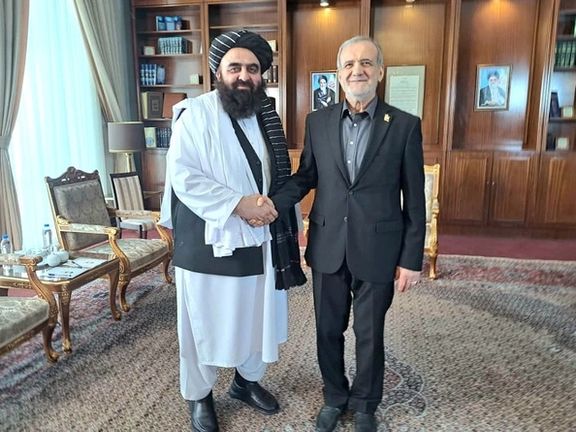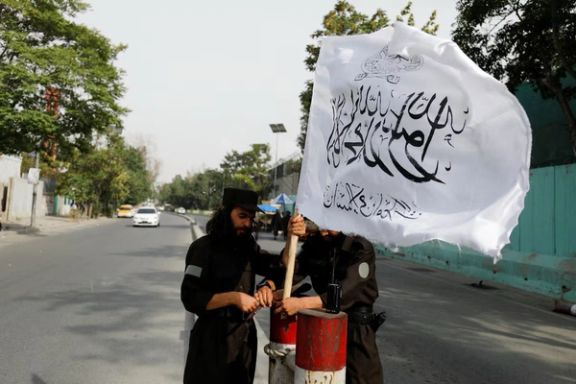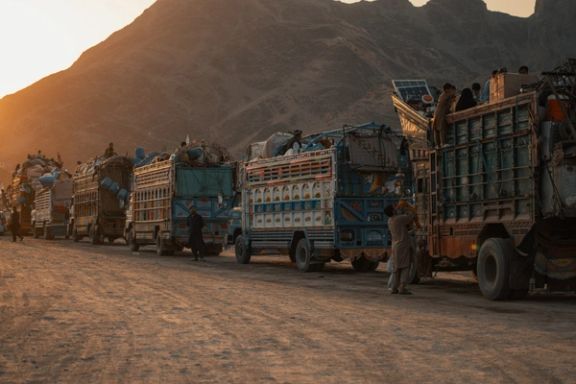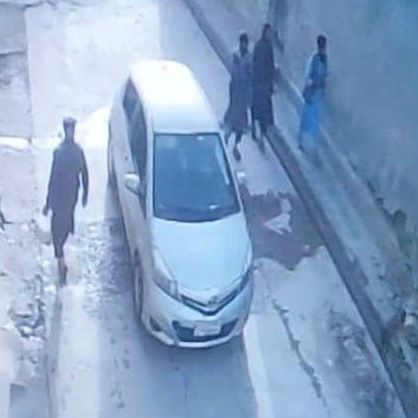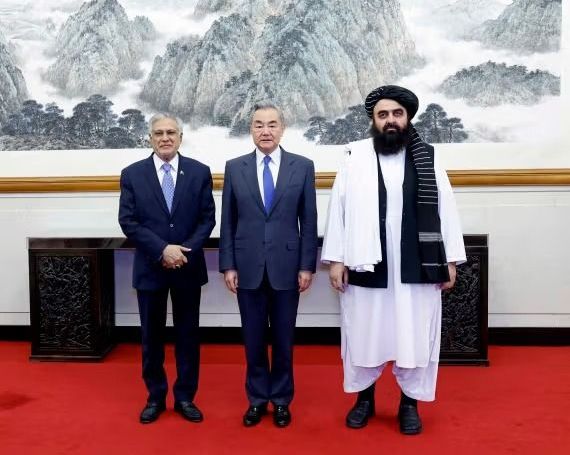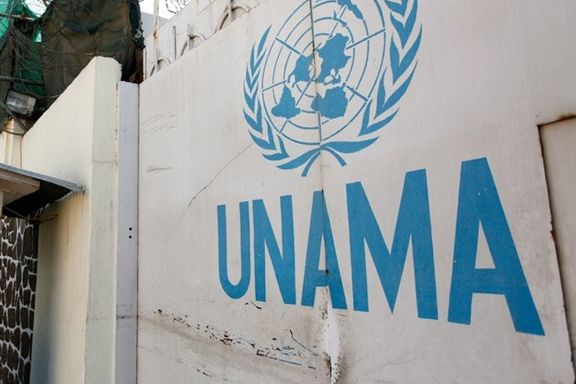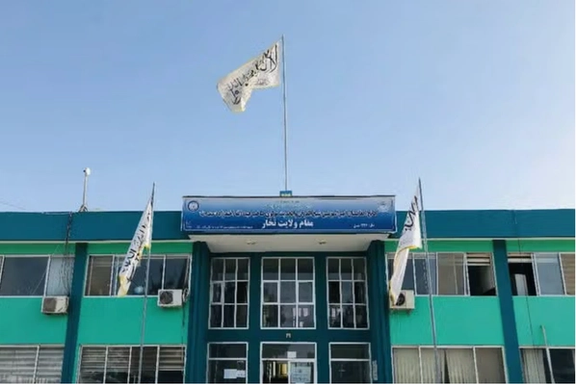According to multiple sources within the UN offices in Kabul who spoke to Afghanistan International, armed men have followed and harassed a number of Afghan female UN staff over the past two days.
These individuals have also visited the homes of staff members, threatening their male relatives, fathers, husbands, or brothers, to prevent the women from returning to work, warning that failure to comply would result in the women being killed.
In at least some cases, armed Taliban affiliates reportedly forced male relatives to pledge, at gunpoint, to stop their daughters, wives or sisters from working. The threats were reportedly accompanied by insults, video recordings, and humiliation of the families.
Sources indicate that the female staff targeted are primarily employed by UNICEF, UNDP, UNAMA, UNFPA, and the World Health Organization. The harassment reportedly began near the UN’s central office in Pul-e-Charkhi and extended to various neighbourhoods across Kabul, including Macroryan, Karte Char, Darulaman, Khair Khana, Karte Naw, Arzan Qemat, and Kote Sangi.
In response, UN agencies have advised their local female staff to work from home until further notice. However, two days on, staff say they have yet to receive formal assurances or explanations from UN leadership regarding their safety.
This is the first known instance where Taliban threats against female UN employees have escalated from general restrictions to direct death threats. The Taliban had previously issued a decree in December 2022, signed by their leader Hibatullah Akhundzada, banning women from working in non-governmental organisations. Though temporarily enforced, women were later allowed to resume work, particularly in Kabul, where such bans had not been widely implemented until now.
Female staff are now calling on the international community and human rights organisations to intervene urgently to protect their safety, dignity, and right to work.
